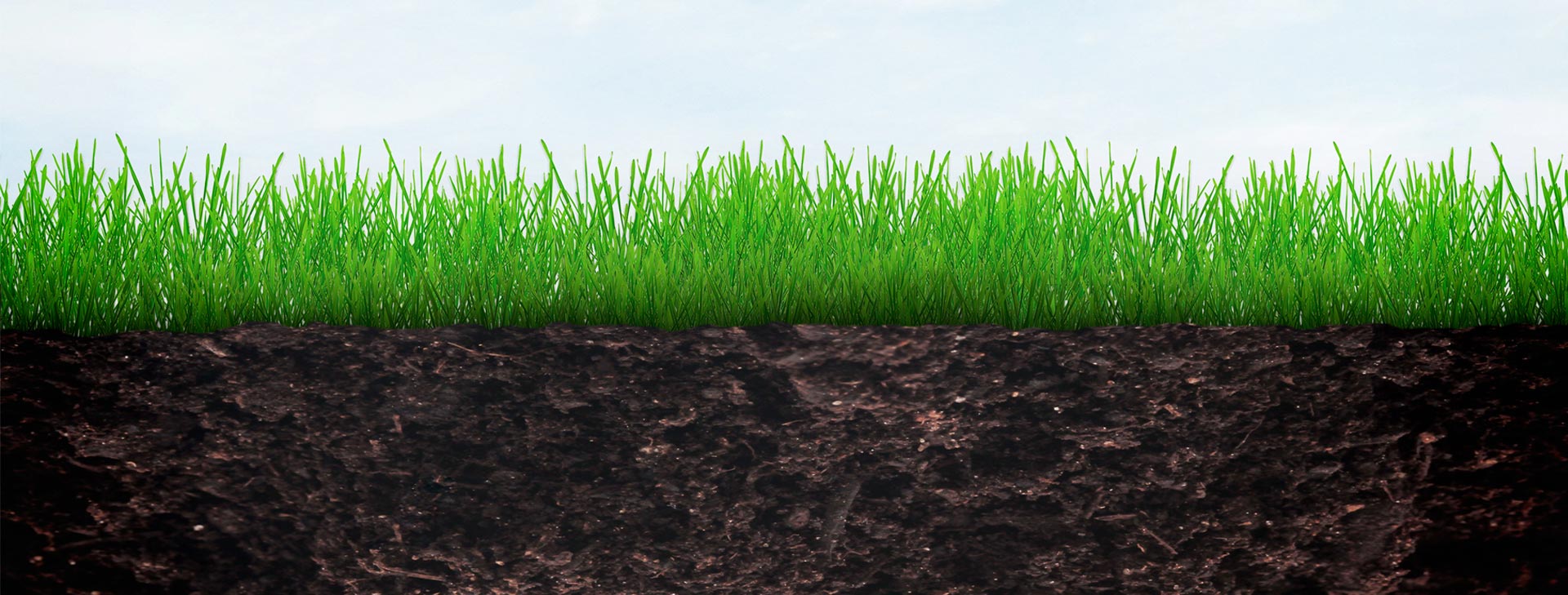For the past year you have read our articles that described what is happening in the soil and the potential problems that can occur if that “life cycle” is disrupted either chemically or through our own use of the land. Today I would like to talk to you about a tool that homeowners and gardeners can use to help get back your healthy soil – compost tea.
Brewing high-quality compost tea with consistent results is a challenge (much like brewing good-quality coffee or beer), which is why it’s critical to source the highest-quality compost and nutrients as well as utilize the best equipment and processes that will not harm the biology. Brewing compost tea can be as simple as a five-gallon bucket and compost processed from home or as complex as a 250-gallon brewer, bio-assay tested compost, and an assortment of nutrients and soil additives, which is the approach that Backyard Organics™ takes. In addition to the technical design of the equipment and the science behind the formulations, timing of the applications is critical. Compost tea is a live, active, aerobic blend of microbes, which are rapidly expanding and can become unfavorable if they run out of nutrients and become anaerobic. Applying compost tea with the first 48 of a finished brew cycle is critical to receiving a quality product.
A good-quality compost tea has a quantity and diversity of microbes. Compost teas that achieve high quantities and a good diversity of bacteria, fungi, nematodes and protozoas are able to combat a larger variety of symptomatic issues. Each community, each neighborhood and each yard have unique soil needs. Having a high count and a diverse group of microbes ensures consistent results. Also, applications within a yard can vary, which is why it’s important to be able to understand the differences between a fungal-dominated need versus a bacterially dominated need. For example, certain grasses prefer a more bacterially dominated compost whereas certain trees and shrubs prefer more fungal activity. This is why it’s always important to test your soils prior to applying amendments.
Verified benefits of compost tea
- Improves soil structure and porosity – creating a better plant root environment
- Increases moisture infiltration and permeability, and reduces bulk density of heavy soils – improving moisture infiltration rates and reducing erosion and runoff
- Improves the moisture holding capacity of light soils – reducing water loss and nutrient leaching, and improving moisture retention
- Improves the cation exchange capacity (CEC) of soils
- Supplies organic matter
- Aids the proliferation of soil microbes
- Supplies beneficial microorganisms to soils and growing media
- Encourages vigorous root growth
- Allows plants to more effectively utilize nutrients while reducing nutrient loss by leaching
- Enables soils to retain nutrients longer
- Contains humus – assisting in soil aggregation and making nutrients more available for plant uptake
- Buffers soil pH
In addition to the numerous biological benefits, compost tea also has a practical side that can greatly benefit the homeowner. Compost tea, whether you brew it yourself or have someone apply it for you, can be applied as a foliar feeder. Feeding the leaves of plants, shrubs and trees, efficiently uptakes nutrients, stimulates the plant rhizosphere and acts as a protector against harmful leaf diseases. Also, compost tea is much easier to spread and faster acting than compost with the same biological benefits of a compost top dressing application (we would still recommend compost application if your soil is lacking organic matter).
Here is what a few experts in the field have to say about compost tea:
“Aerated compost teas are the latest in scientific organic research today. In many ways, aerated teas offer greater immediate benefits than classic compost, manure or other homemade foliar teas” – The Garden Web
“Good tea is worth the trouble to brew because it can transform your lawn and garden” – Paul Tukey, author of the Organic Lawn Care Manual
“Compost tea is one of the inputs on the horizon that will change the way we deal with several of the management aspects of growing high-quality turfgrass, either in your backyard, on your town’s parks and athletic fields, or on commercial and institutional properties” – Chip Osborne, Osborne Organics
Dr. Elaine Ingham, a leading researcher and founder of the Soil Food Web organization, sums the benefits of compost teas up best … “The use of actively aerated tea, when applied under a proper management regime, returns beneficial biology to the soil. This in turn rebuilds a soil food weed which, reduced dependency on fertilizers and pesticides, improves plant growth and reduces disease, significantly reduces water use, reduces toxicity and encourages the healthy establishment of healthy biology” – Dr. Elaine Ingham, President and Director of Research at Soil Foodweb, Inc.
Backyard Organics™ firmly believes in the benefits of organic land care and agrees with Chip Osborne and experts in the field who believe that compost teas will be one of those “tools” that will change the way we deal with land care in the future.
Todd and Tara Rockweit are owners of Backyard Organics, LLC, Wisconsin’s first organic land care business accredited by NOFA, one of two organizations in the country that accredit Organic Land Care Professionals (AOLCPs). Backyard Organics also supplies a variety of natural and organic products for people, pets and property. To read more about our products and service, or to submit a question, please visit us at www.backyardorganics.net, e-mail us at info@backyardorganics.net or call us at 920.850.7450.
